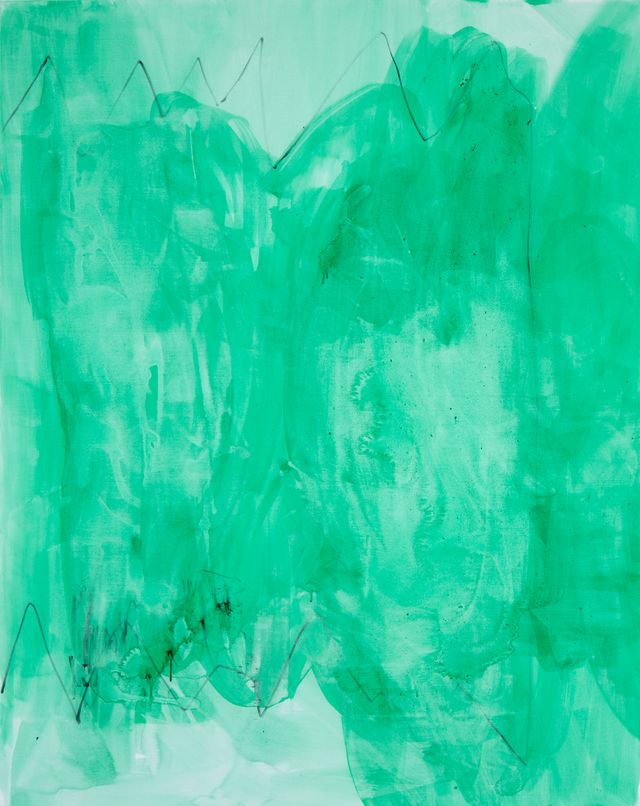Judith Kisner’s collages can be understood as the artist’s visual examination of the so-called “Amazon state” Loheland settlement. This women’s collective, founded in 1919 in the Hessian Rhön, saw itself as a free space for women for a good hundred years. In the Weimar Republic and far beyond, the settlement was not just a retreat from bourgeois and later National Socialist society for the “Women of Loheland”. In the sense of a holistic utopia, the settlement also enabled women to live out material and spiritual freedom and independence from their mostly bourgeois families of origin and the patriarchal social structures–a concept by women for women that was probably unparalleled at the time it was founded.
Judith’s mother, Viola Hoffmann, belonged to the group of women who were taught this special tradition: she attended the Loheland Vocational School for Gymnastics from May 1978 to April 1981 and gave gymnastics lessons until shortly before her early death.
In terms of content and visuals, Judith Kisner’s works transfer the concept of the settlement as a place to work, create and live–as an alternative space for women–into the format of the collage. With her compilation of the most diverse research materials, the artist creates a meeting point between drawings and photographs, sketches and notes, which not only establish loose content-related, but also formal-aesthetic references to one another. Black and white and colourful, lettering and application of colour: Like a collection point, Judith Kisner’s collages combine motifs and materials which at first glance seem incoherent, the content of which results from the reappraisal of the life and work understandings of the “Loheländerinnen” in the Rhön.
Contact
Website: www.golestani.gallery
Email: [email protected]
